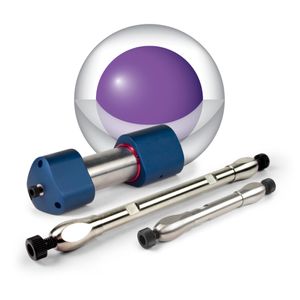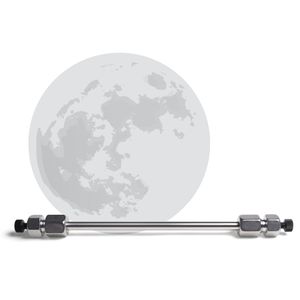For women who have trouble conceiving naturally, assisted reproductive techniques like in vitro fertilization (IVF) can be life changing. But these interventions bring couples much trepidation as the success rate is still relatively low.
To help minimize the stress and uncertainty of IVF, researchers at the University of Aberdeen created an
online IVF calculator. The tool is designed to help couples manage their expectations and make better informed decisions about their treatment options.

The current success rate of IVF treatments that result in pregnancy stands at a paltry 35%. Many women go through multiple rounds of IVF only to be disappointed. And even more unsettling, doctors don’t have a firm grasp on factors, other than age, that influence IVF success.
Younger women tend to be more fertile than older women. This is something that nearly all doctors can agree on. And they also estimate that after 30 is when the chances of reproductive success begin to dramatically decline.
Based on data from more than 113,000 women, the team created an algorithm that can predict IVF success. Although other calculators exist out their, the team purports that this tool is the first of its kind to factor in use of frozen versus unfrozen embryos. Furthermore, the tool can give estimates for up to 6 IVF cycles.
While the researchers caution that the tool should not be used as a deciding factor for couples looking to undergo IVF. Rather, they stress that this tool is a guide to help "keep [the patients] better informed and help them prepare emotionally and financially for their treatments".
Indeed, the average cost of one IVF cycle ranges from $12,000 to $15,000 in the US. This cost is often assumed by the couples, as most insurance policies have yet to offer this treatment. Furthermore, each IVF cycle takes four to 6 weeks. Combined, the financial, time, and emotional costs of IVF is staggering. As such, the tool can offer information to help couples better manage their expectations and perhaps also minimize some anxiety of the unknown.
"It is important to stress that the calculator should not be used in isolation. Anyone considering fertility treatment should discuss their individual chances of success with their clinician,” said David McLernon, who spent four years developing the calculator.
Additional sources:
BBC




















































